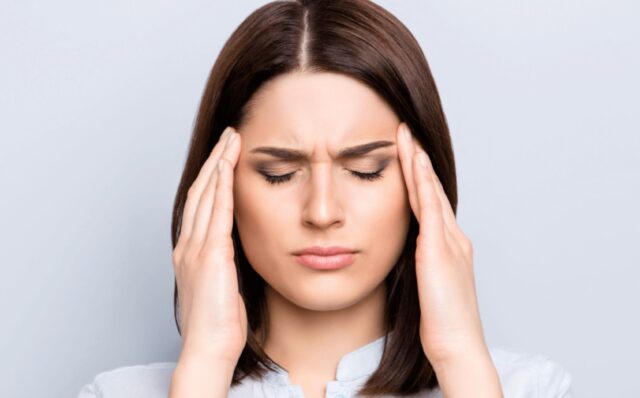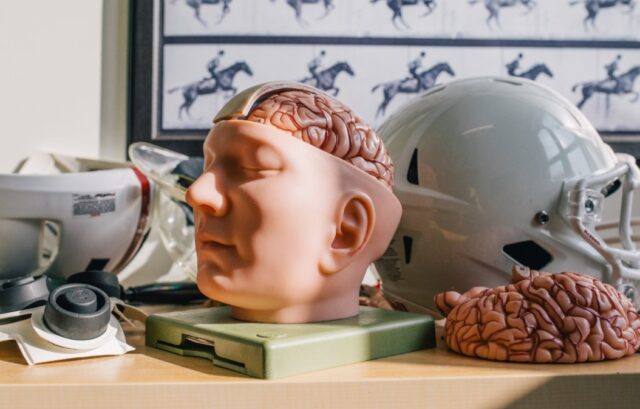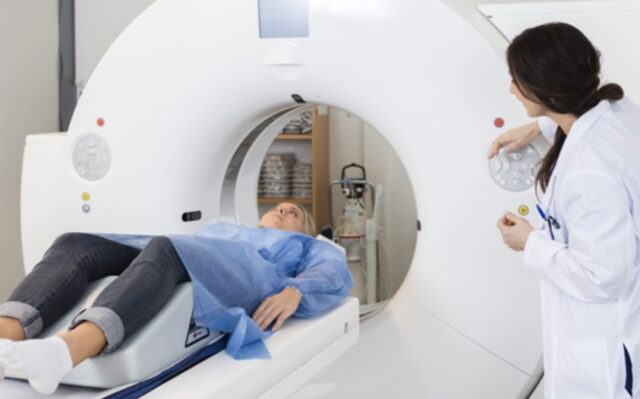
It’s estimated that between 1.7 and three million concussions occur in the U.S. annually. Many are related to recreational and sports activities, but they can also be caused by car accidents, falls, and more.
While concussions are quite common, some people aren’t sure what to do after being diagnosed with this condition, resulting in post-concussion syndrome. However, you can reduce the possibility of this and other long-term effects by knowing what the mistakes are and how to avoid them.
Keep reading to learn more about the common mistakes and why so many people believe them.
The Belief That Wearing a Helmet Will Prevent a Concussion

Even though proper head protection can help to minimize how severe a head injury is, a helmet is designed to protect your skull. A concussion occurs if your brain moves inside your skull, which is why any blow to the head, even while wearing a helmet, can cause a concussion or another type of TBI, or traumatic brain injury.
After being hit in the head, particularly if you lose consciousness, it is imperative to watch for any indication of a concussion. Some common signs of this include confusion, amnesia, headache, ringing in the ears, vomiting, and nausea.
Ignoring Symptoms because They Aren’t Typical
Concussion symptoms can vary quite a bit from person to person. Just like no two concussions are the same, a concussion in one person may present completely different symptoms than a concussion in someone else.
If you even suspect you have experienced a concussion, you should not rely on your personal history or what others tell you about their experience to determine if treatment is necessary. Any unusual symptoms or behavioral changes indicate you should schedule an appointment with a doctor.
Requesting a CT or MRI for Concussion Diagnosis

If you experience a blow to the head, you may receive an MRI or CT. However, the scans can only let the doctors know how extensive the brain damage is. They aren’t used for diagnosing a concussion.
A doctor will diagnose your concussion based on the injury you experienced, your symptoms, and what they observe during a physical exam. Sometimes, concussion symptoms are delayed, which is why going to a doctor after the accident is so important.
Not Resting After a Concussion Occurs
Unless you aren’t making sense or confused, or if the symptoms worsen, sleep is one of the best treatments after a concussion. You don’t have to have someone come and wake you up every few hours, either.
The exception to this rule is children. Most doctors recommend that any child who has suffered a head injury be woken up several times to ensure they will get up.
Thinking Concussions Only Occur if You are Hit in the Head

Concussions result from any type of jolt to your brain. This may occur even if you never hit your head. For example, if you are rear-ended in a car accident, you may experience a concussion. If you fall or are in an accident that causes your head to snap back or if you have experienced some type of violent shaking, be sure to watch for any signs or symptoms of a concussion. You should also schedule an appointment with your doctor or go to the emergency room if you are concerned.
Using a Computer, Phone, or Watching Television After a Concussion
After you experience a concussion, rest is essential. It’s also necessary to allow your brain to rest. If you spend too much time in front of a device screen or television, it can cause further symptoms. Try limiting screen time, gaming, and more, after this type of injury, especially in situations when your symptoms get worse after they are used.
Symptoms may also be triggered by reading magazines, newspapers, or books. After a concussion, be sure you start with very short periods of activity. Try 10 minutes at a time to see what happens.
Returning to School or Work Right Away

Any type of mental work can be taxing after your brain is injured. Your doctor may recommend that you take time away from work, school, and similar activities or to reduce the total number of hours you are there for the initial days after the concussion.
If you try to rush the healing process, it can cause long-term damage to your brain. Use the time after a concussion to give your brain the chance to rest and relax.
Thinking Everything Is Better When Your Symptoms Are Gone
Many people don’t realize that it may take several weeks to recover even after a mild concussion fully. This is even longer for more severe concussions. As symptoms start to disappear, you can start to return to your usual routines, but just be sure to listen to what your body is telling you.
In some situations, the symptoms may return if you push yourself too hard, too soon. If you begin noticing that the original symptoms are starting to return, you need to go back to resting your body and your brain. This is the only way you can fully recover after a concussion.
The Dangers of Ignoring a Concussion

As mentioned above, concussion symptoms can last for several weeks or longer. If you develop post-concussion syndrome (learn more here), the recovery period may be even longer. In some cases, you may need additional treatment to fully recover beyond just rest.
This may include the use of diuretics or anti-seizure medications. In more extreme cases, surgery may be required. It is best to go to the doctor to determine what type of treatment is needed. A concussion is something you need to take seriously.
The repercussions of not resting and allowing your brain to fully heal can be severe and long-lasting. Being informed is the best way to ensure that you take the proper steps after a concussion and that you can fully recover from the situation. Keep this in mind and talk to your doctor to ensure that you make a full recovery.












